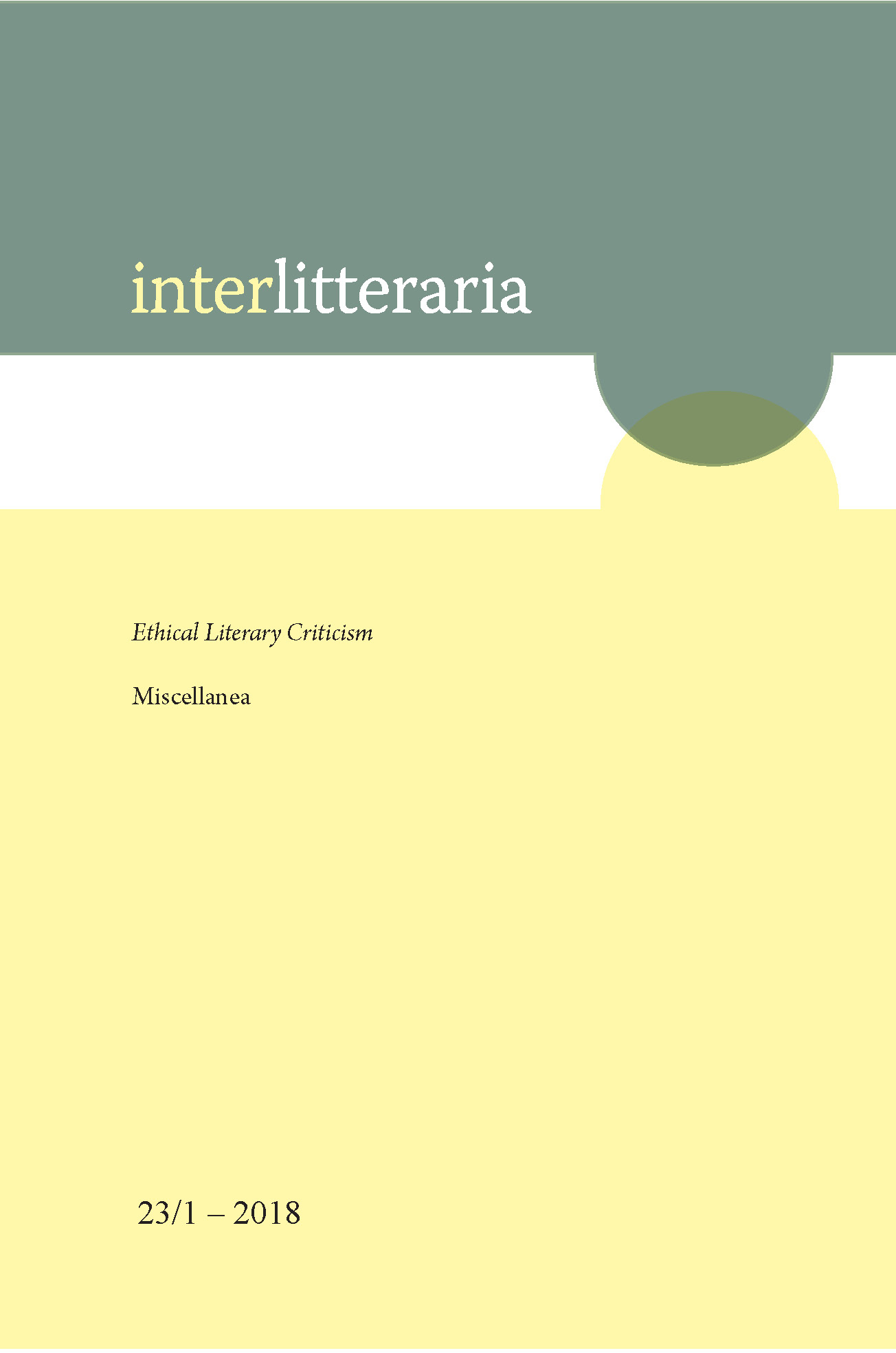Urban Gothic and the Sphinx Factor: Saul Bellow’s Mr. Sammler’s Planet
DOI:
https://doi.org/10.12697/IL.2018.23.1.13Keywords:
Sphinx factor, animal factor, human factor, urban gothic, Saul Bellow, Mr. Sammler’s PlanetAbstract
Saul Bellow, as a cerebral, analytical, and philosophical writer, unflinchingly describes the world and gives the readers tremendous thoughts about life and society. He was awarded the Nobel Prize in Literature in 1976 for his human understanding and subtle analysis of contemporary culture. In Mr. Sammler’s Planet, Bellow shows the readers a death-burdened, rotting, spoiled, sullied, exasperating, sinful earth. This insane world is full of droll mortality and morbid entertainments. The coexistence of rationality and bestiality in man is vividly displayed in this novel. In his Introduction to Ethical Literary Criticism, Professor Nie Zhenzhao formulated the theory of the Sphinx factor as composed of the human factor and the animal factor, and the combination of the two makes an integrated man. The animal factor in the novel is fully demonstrated in the black pickpocket’s bestiality, Mr. Sammler’s voyeurism, the Holocaust, killings and thefts. However, the human factor is not so salient as the animal factor in this novel. I argue that the tension between the two factors not only intensifies the conflicts but shows how the author perceives the world. Bellow shows a strong contempt for the world. A pessimistic and critical outlook is conveyed in Bellow’s understanding of cities, represented by Chicago and New York. Robbery, cheating, speculation, beauty, money and lust construct a corrupted panorama of industrial cities. This is one of the reasons why Bellow highlights the animal factor more than the human factor. He seeks to criticize the American city from different perspectives of city culture, including the corruption of the bureaucracy, vices in public transport, changes in the urban landscape, competition between the pursuit of art and the pursuit of money.
Downloads
Downloads
Published
Issue
Section
License
The contents of Interlitteraria are published under CC BY-NC-ND licence.


